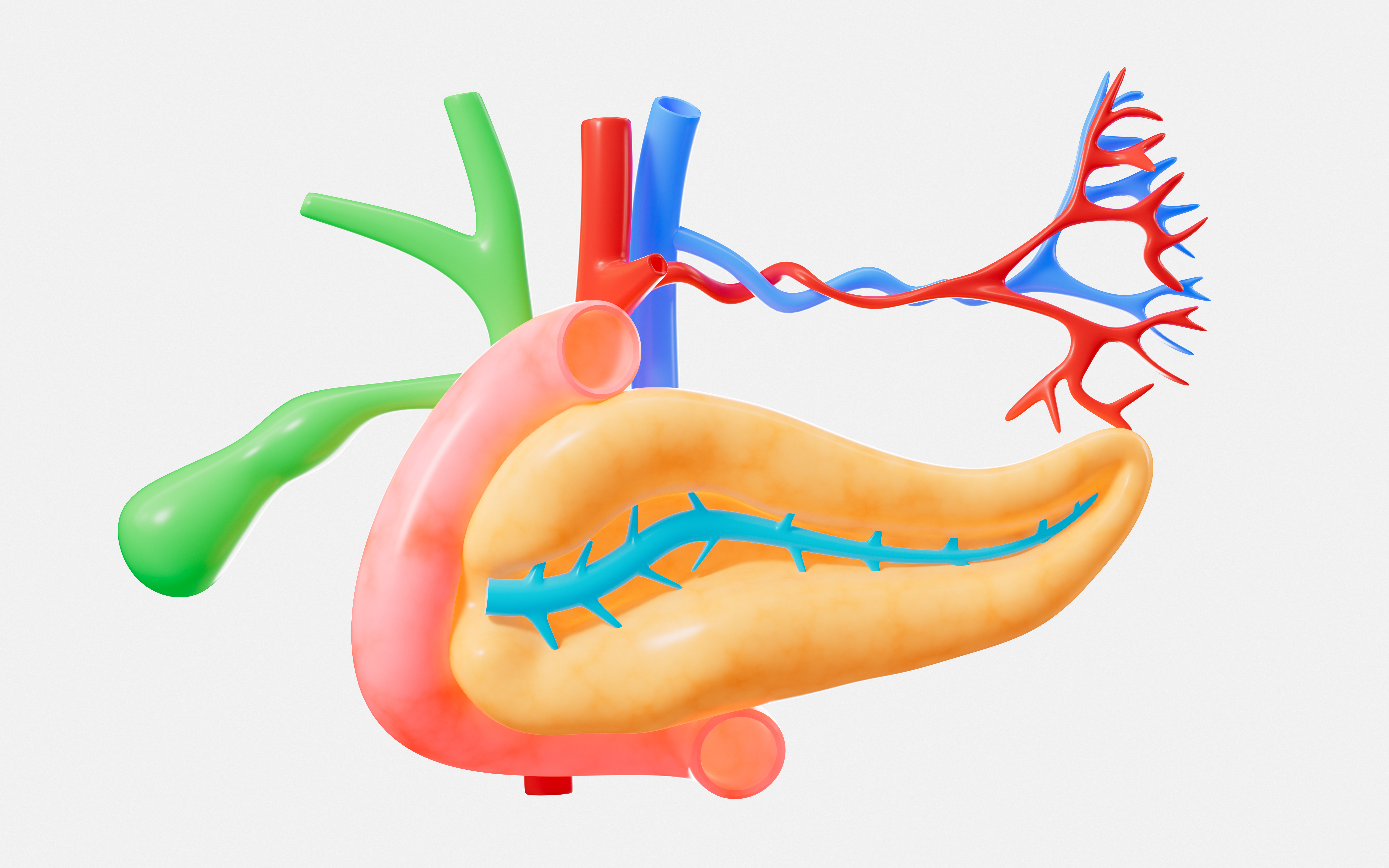The study of MIT researchers presents an innovative therapeutic approach using base editing delivered by adeno-associated viruses, demonstrating a significant leap forward in treating neurodegenerative diseases. In a remarkable achievement, researchers developed a one-time treatment that reduced prion protein levels in mouse brains and extended lifespan by 52% in mice challenged with human prion isolates. The improved version of the treatment achieved even more impressive results, with 63% protein reduction at lower viral doses while maintaining minimal off-target effects.
The real-world impact of this research extends far beyond prion diseases. The successful demonstration of in vivo base editing as a therapeutic strategy opens new avenues for treating various neurodegenerative conditions. The study provides crucial insights into optimizing viral delivery systems for brain targeting and validates the potential of genetic engineering in clinical applications. From a healthcare perspective, this research offers hope to patients with currently incurable prion diseases and suggests the possibility of more cost-effective, one-time treatments replacing chronic therapeutic interventions.
The societal implications of this advancement are profound. As we move closer to implementing genetic medicines in clinical practice, important discussions about treatment accessibility, cost considerations, and safety protocols become increasingly relevant. The success of this approach may accelerate the development of similar treatments for other genetic conditions, potentially revolutionizing our approach to treating neurodegenerative diseases. Furthermore, this research contributes to the broader dialogue about the role of genetic medicine in preventive healthcare and personalized treatment strategies.
GLP-1 for Treating Obesity—Origin, History, and Evolution
JAMA Network, Per Franklin Nielsen, Per Olaf Huusfeldt (Novo Nordisk), Denmark
Glucagon-Like Peptide 1 Receptor Agonists and 13 Obesity-Associated Cancers in Patients With Type 2 Diabetes
JAMA Network Open, Kevin Lin (Harvard Medical School), USA



